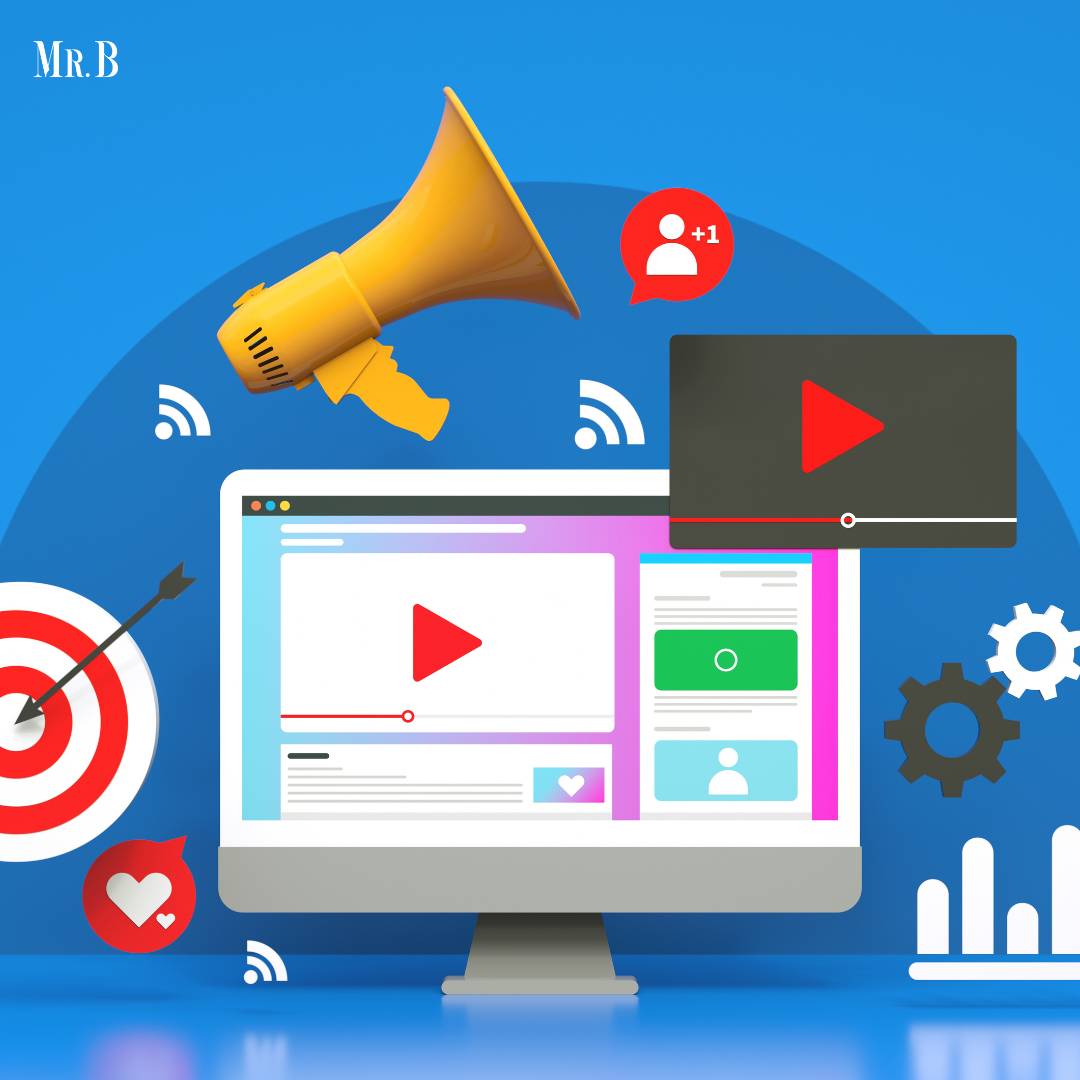The use of the word “lobbies” around the world, especially the business world is fairly disapproved. But the fact still remains that this was one of the oldest professions in the world. At the time, business lobbying was often known as: “pressure groups, evening visitors, chamber of trades and so on and so forth.”
The business lobbies have always existed and have always tried to approach the power. It was pretty obvious that business lobbying was often done to defend any specific interest. But on the flipside of it, these lobbies have also made it possible for businesses to bring in a proper operational vision to the policies, which at times were far removed from some of the technical realities.
Using lobbying to further a business strategy
Business lobbying is at times badly perceived in many countries. However, lobbying is just another tool that every salesperson should master. A point to note here is that, we aren’t talking about any kind of commercial lobbying, like corruption or even taking bribes.
Looking at it in its Anglo-Saxon conception, business lobbying is simply a form of influencing better communication through the enormous relational work paired with the perfect knowledge of people that need to be targeted.
Look at these few tips that would help you to use business lobbying in your business strategy:

1. Clearly State Your Objectives
Consequently, the first step is to decide who you will be lobbying. It may not always be necessary to rely on your typical client contact. The latter might not be in a position to strengthen your argument. On the other hand, it might help you fully comprehend how your prospective client’s business is structured.
You need to be aware of who makes decisions, who has sway, who is a friend or foe of whom. Similar to this, you must go beyond the structure of your customers’ businesses. Additionally, be aware of the entire ecosystem in which your clients operate, including their suppliers, distributors, and clients.
2. Make A Network Map
It is considered, without a doubt, that a good lobbyist is a networked man or a woman. This only means that he/she has a pretty large address book. But for them to get closer to a third person, these must be able to be “activated”. Hence, it becomes crucial to devote some time if the company has to bring these relational networks to life.
Simply put, as an organization, you can encourage the men and women in the company to participate in any external working groups while also not exploiting any of the social networks!
Finally, a good lobbyist is the one that can monitor the companies and even the public bodies that he/she wishes to canvass. He/she intently keeps abreast of all the official information, but more so interestingly about any kind of rumors in order to show his/her interlocutor that they are following the file.
Of course, one simply cannot make any prospect believe that they are close to his concerns if the lobbyist does not know what he is going through.
3. Make a point to define your lobbyists
Senior salesmen or even top management are frequently trusted with this close contact work with clients or potential clients. Sadly, they often lack the time and energy to complete these tasks or simply to interact with the contacts they meet in these clubs.
So why not engage in lobbying with all of your human resources (technical teams, quality teams, CSR teams, supply chain teams, etc.)? To make sure that each of your workers acts as a representation of the business and also enables the gathering of data or the creation of value for future projects.

4. Work hard on the pitch
When a lobbyist is faced with a target, he/she must then adapt to his interlocutor and also make use of appropriate language. For example, did you happen to know that the interlocutor came from an engineering school? At a time like this, a technical disclosure is expected.
Or on the other hand, if you happen to know that that interlocutor has followed some sort of an advanced literary training, then you might be at a risk of losing him if you go about it with your ultra-technical information. Often times, the salespeople are seen hiding behind certain technical arguments or even go with a stereotypical speech that they keep repeating. However, what path your interlocutor follows, will also allow you to find the correct arguments you can use to influence and convince him.
The term “Position Paper” is used by the Anglo-Saxons to refer to this crucial document for the economic communication of influence. It encapsulates the core of your case. This paper, which will be sent to the customer after the meeting, makes a point of refuting the opposing party’s claims, which is one of its main points. Many businesses are hesitant to engage in dishonest behaviour by bringing up the arguments of their rivals.
But if we wish to combat it, we must be aware of it and address it. It happens frequently that a strong “Position Paper” prevents a prospect from ever seeking information from your competition. Everything is right there in front of him. This not only makes his work simpler, but it also gives him the evidence he needs to persuade his superiors that your suggestion is the best. The impact of your solution on their business (job gains or losses, tax benefits, effects on suppliers, etc.) or on their clients must be highlighted in the document. He must ultimately have an impact on this prospect’s choice.

5. You lobbying approach should adapt to the vision 4.0
If you observe it closely, the social networks have democratized business lobbying. Meaning that the lobbying is formerly reserved in the high circles and also requires having inherited a prior network.
The digital influencer marketing is all about being reliant on the notoriety of the experts and personalities in order to promote a brand or the services. And to achieve this, the experts your company works with should be a true opinion leader of the chosen field.
These experts in question might already have a large and committed community, and can easily position themselves as the prescribers.
Apart from communicating with the users, they can also highlight your news. When you highlight such points about the organization on the internet, the users are more interested to know more about you.
Conclusion:
Commercial lobbying, contrary to popular belief that associates it with corruption, primarily seeks to persuade and build relationships with its interlocutors. Teaching this strategy to your employees will enable them to adopt a new sales style, a commitment to long-term value creation that will enable you to connect with influential people among your clients, regardless of whether they are in top management roles, support or operational responsibilities.







